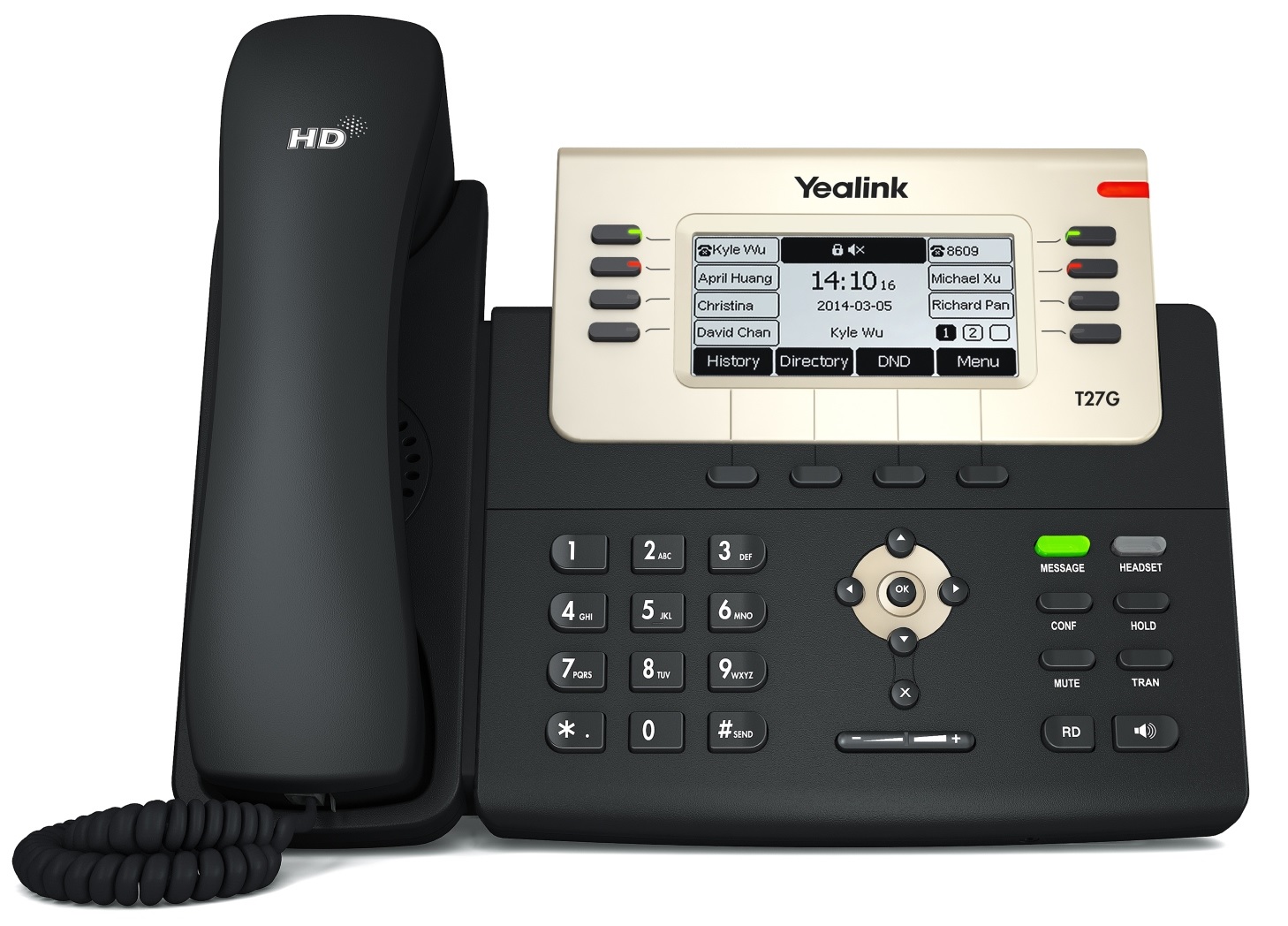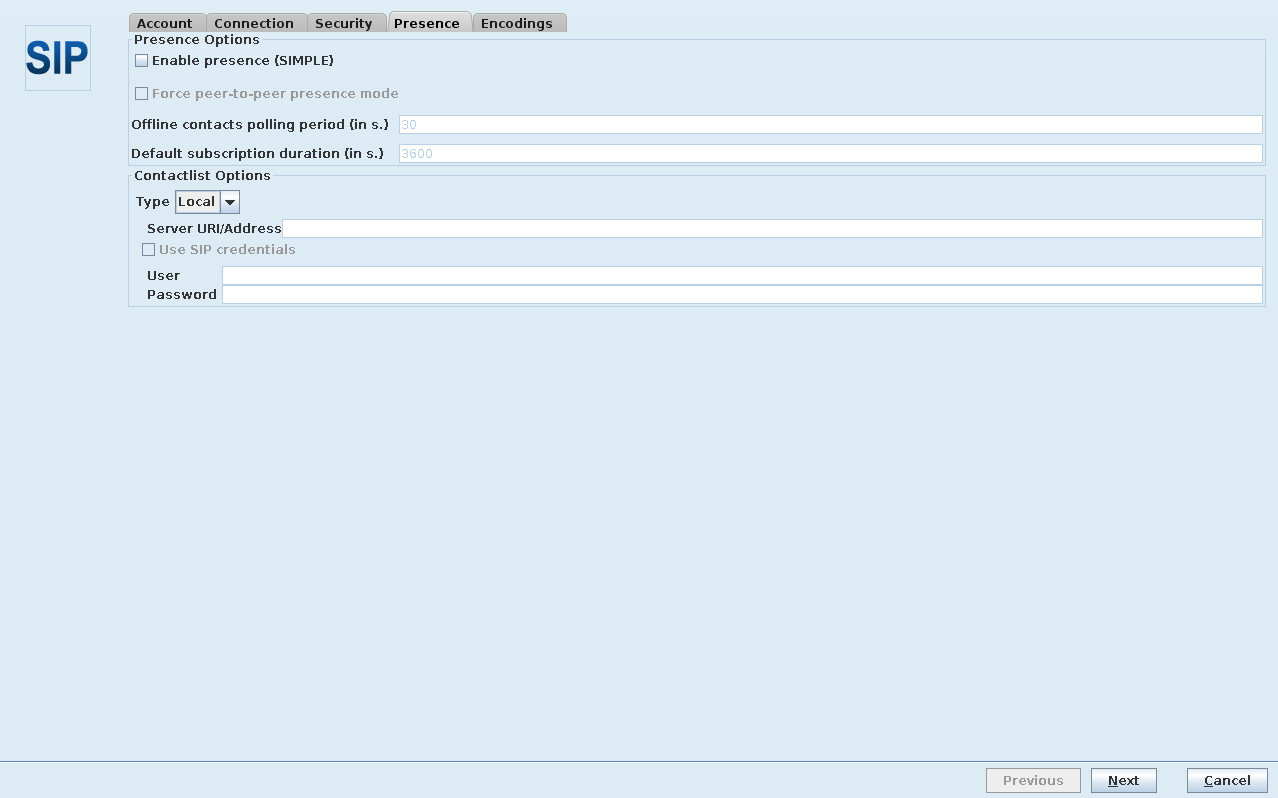

Now we have to add to Jitsi's XMPP network in order to connect this user to MongooseIM over XMPP. Here we need to unselect the Configure proxy automatically and put the IP of our Routr server, port number 5060 and TCP as the preferred transport. Now we need to switch to Advanced options and go to the Connection tab. In the SIP id field we put and in the Password field we put 1234 as in the agents.yml file. In order to add a user who connects to the SIP server we need to choose the SIP protocol from the available networks in Jitsi. Later users can be configured from the Preferences page. When the app is opened for the first time it will display a window to configure the user. The roster can be set by us with the following commands: bin/mongooseimctl add_rosteritem sip.user sip.example er xmpp.example er none bothīin/mongooseimctl add_rosteritem er xmpp.example sip.user sip.example sip.user none both This can happen automatically if 2 xmpp users have each other in the roster. The easiest way to achieve that is to exchange presence information between these 2 users.


#Jitsi sip client full
This is needed because a Jingle call can be initiated by a regular XMPP client only when the app knows the other user's full JID. Yes, we need to have the registered in MongooseIM. Now we are registering both users in MongooseIM by calling the following commands: bin/mongooseimctl register er xmpp.example test_passīin/mongooseimctl register sip.user sip.example test_pass More details on MongooseIM configuration you can find in Basic Configuration Please replace the default host defined in etc/mongooseim.cfg the line: , Similar to Routr, MongooseIM also needs to know which hosts to server.
#Jitsi sip client update
Now we need to use this to update /etc/hosts file like below: 10.152.1.27 sip.example xmpp.exampleĪt this point I assume that MongooseIM was built with make rel, that it is running and the current working directory is _build/prod/rel/mongooseim. In my case the IP reported by Routr was 10.152.1.27. They can be ignored for the purpose of the tutorial. In Routr's logs you may see messages like Unable to register with Gateway ->. It is important to remember the IP address as it'll be used in next point. Starting Restful service (port: 4567, apiPath: '/api/v1beta1') If all goes well we'll see the following output: Starting Routr Then the needs to be added to config/agents.yml like below: - apiVersion: v1beta1 To do it, paste the following content to config/domains.yml in the directory where Routr was: - apiVersion: v1beta1 We will use 2 users and Configuring Routrįirst the domain sip.example needs to be added to domains served by Routr.

#Jitsi sip client how to
This tutorial will show you how to configure MongooseIM, Routr (a SIP server) and client applications to demonstrate how the Jingle/SIP integration works. Reloading configuration on a running system.Cluster configuration and node management.
#Jitsi sip client code


 0 kommentar(er)
0 kommentar(er)
